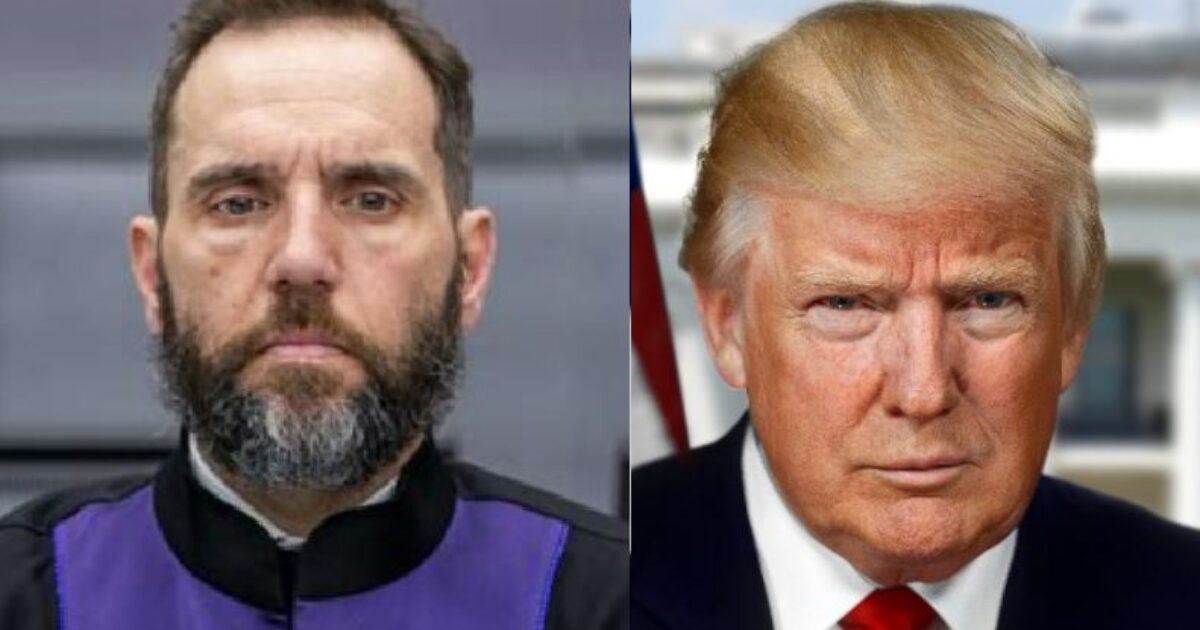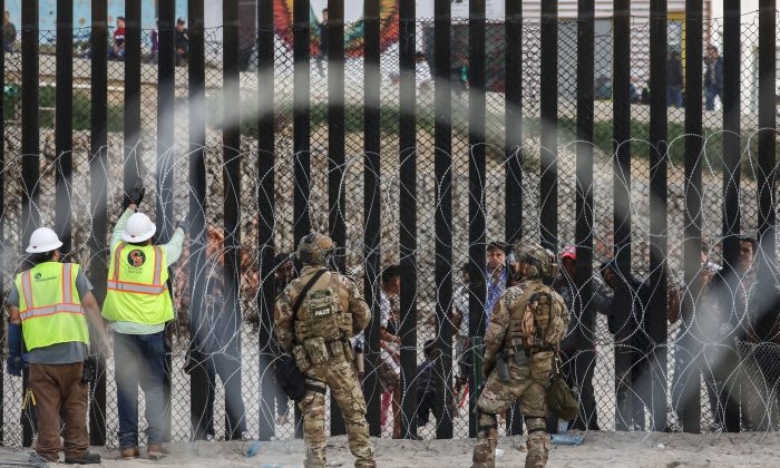Federal prosecutors connected to high-profile cases against former President Donald Trump and January 6 defendants are reportedly leaving the Department of Justice (DOJ) in increasing numbers. These legal professionals cite financial strain and professional burnout as primary motivators for their departures. This trend reflects growing concerns over the long-term sustainability of politically charged prosecutions within the DOJ.
According to a report by The Gateway Pundit, several prosecutors involved in cases targeting Trump and participants in the January 6 Capitol events are now seeking to exit the DOJ. These prosecutors reportedly face mounting legal bills, reputational risks, and an increasingly contentious political environment. Critics of these prosecutions argue that these cases are politically motivated and amount to “witch hunts” against Trump and his supporters.
A Wall Street Journal report underscores these challenges, revealing that numerous Justice Department lawyers are seeking private-sector positions or even leaving the legal profession entirely. The report highlights fears of financial instability, driven in part by the high cost of defending against lawsuits and complaints stemming from their involvement in politically sensitive cases. “Some Justice Department lawyers have expressed concerns about their ability to handle prolonged litigation costs,” the Wall Street Journal noted. Read more here.
Financial Fallout of Politically Charged Cases
The financial strain on DOJ prosecutors is particularly acute for those involved in the Trump-related investigations. Legal experts suggest that even DOJ lawyers operating within the confines of the law are not immune to reputational attacks, personal lawsuits, and ethics complaints. These pressures can lead to enormous personal costs, both financial and emotional. According to the Wall Street Journal, some prosecutors fear bankruptcy due to the mounting costs of legal defense and other financial burdens.
One former DOJ attorney, who spoke on the condition of anonymity, revealed that the constant scrutiny and political polarization surrounding their cases made their position untenable. “It’s not just the legal fees; it’s the daily stress of knowing your every move could be weaponized against you,” the source stated.
Critics argue that the financial hardships these prosecutors face are a direct consequence of pursuing cases many believe to be politically motivated. The Gateway Pundit reported that these prosecutors find themselves at odds with an electorate increasingly skeptical of the DOJ’s impartiality. Read more here.
Burnout and a Politicized Legal Environment
Beyond financial concerns, professional burnout is another factor driving prosecutors away from the DOJ. The emotionally charged atmosphere surrounding high-profile cases, combined with relentless media attention and partisan criticism, has left many attorneys questioning their future within the agency.
The DOJ’s involvement in cases widely perceived as targeting political opponents has further complicated matters. Conservative commentators argue that the DOJ’s focus on Trump and his allies reveals a troubling bias within the institution. This sentiment has amplified calls for accountability and reform within the DOJ, with critics highlighting the need to restore public confidence in the agency’s neutrality.
A Crisis of Morale
The exodus of DOJ prosecutors signals a broader crisis of morale within the department. As the agency faces accusations of partisanship, its workforce grapples with unprecedented levels of public and professional scrutiny. This situation has led some to question whether the DOJ’s leadership adequately supports its staff amid such pressures.
Observers suggest that this wave of departures could have lasting implications for the DOJ. With experienced prosecutors leaving the agency, the DOJ risks losing institutional knowledge and expertise at a time when it faces significant challenges in maintaining public trust.
The Conservative Perspective
From a conservative vantage point, the plight of these prosecutors is symptomatic of a deeper issue: the weaponization of the DOJ for political purposes. Critics argue that pursuing cases against Trump and January 6 participants has diverted the DOJ’s focus from more pressing legal priorities. They contend that these cases serve primarily to undermine a former president and his supporters, rather than uphold the rule of law.
This narrative has gained traction among conservative audiences, who view the prosecutors’ financial and professional woes as a cautionary tale. The departure of these attorneys, they argue, underscores the dangers of politicizing federal institutions and the need for reform to restore fairness and impartiality to the DOJ.
Conclusion
The wave of departures among DOJ prosecutors involved in high-profile Trump and January 6 cases highlights the profound challenges facing the agency. Financial strain, burnout, and a politicized work environment have created a perfect storm, forcing many attorneys to reconsider their roles within the department. As the DOJ navigates this turbulent period, the need for transparency, accountability, and reform has never been more apparent.

